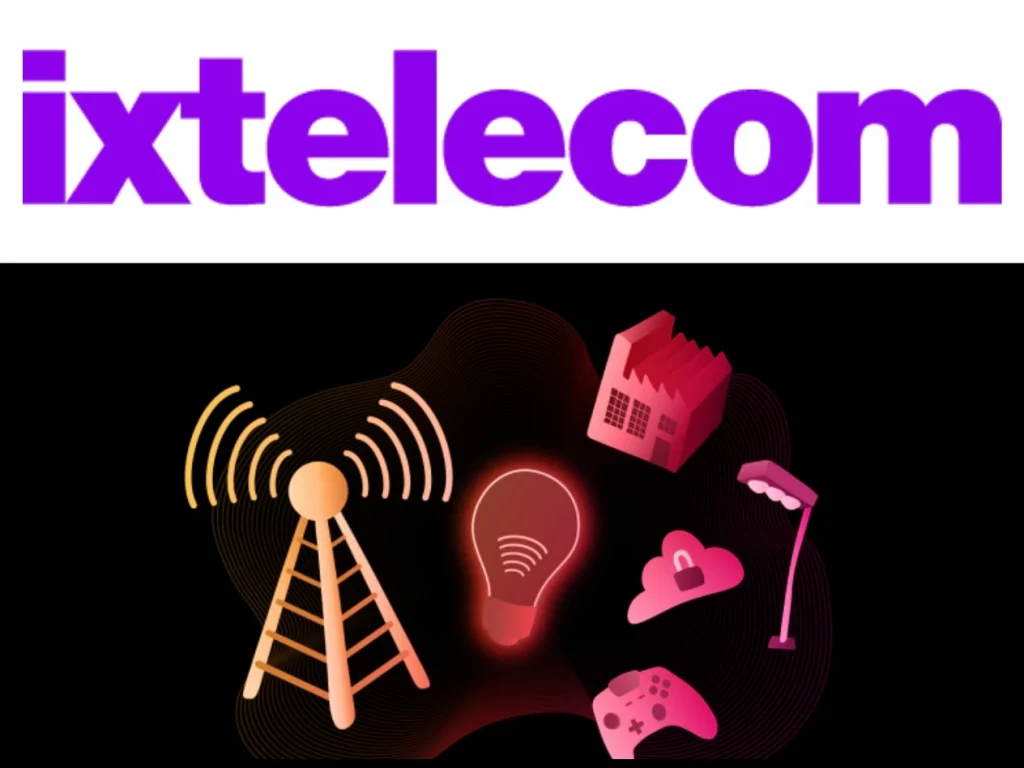- The telecom industry is broadening its reach into telemedicine, smart cities, home automation, and cybersecurity, driven by consumer demands and technological advancements, according to IX Telecom.
- Significant investments are being made in data centers and AI technologies to support the industry’s expanded service offerings.
- The expansion allows for diversified revenue sources and enhanced customer retention, despite increased competition and financial challenges.
The telecommunications industry is undergoing a profound transformation, moving far beyond its traditional roots of providing basic connectivity services. Today, the industry is making significant inroads into diverse sectors such as telemedicine, intelligent urban planning, domestic automation, and cybersecurity. This expansion is driven by the need to meet changing consumer expectations and involves substantial investments in data centres and artificial intelligence (AI) technologies. This article, by IX Telecom, explores the transformation within the telecom industry, highlighting both the opportunities and challenges of this growth.
Also read: True IDC invests $280m in Thailand’s AI-ready data centres
Broadening service portfolios
Traditionally known for their voice and data services, telecommunications operators are now venturing into various other sectors, recognising their potential to transcend their role as mere connectivity providers. The expansion of services includes:
- Telehealth: Accelerated by the COVID-19 pandemic, the adoption of telemedicine has seen a surge. Telecom companies are partnering with healthcare providers to facilitate remote consultations, diagnostic services, and continuous health monitoring, thus broadening healthcare access.
- Smart cities: Collaborating with municipal authorities, telecom firms are employing IoT sensors, real-time data analytics, and advanced infrastructure to develop smart cities. These initiatives aim to enhance urban living by optimising resource usage, reducing energy consumption, and improving public safety.
- Home automation: With the rise in popularity of smart homes, telecom operators are now offering extensive home automation solutions. These solutions encompass energy management, intelligent lighting, and security systems, creating seamless and efficient living environments.
- Cybersecurity: As digital threats become more sophisticated, telecom companies are entering the realm of cybersecurity. They are developing solutions that protect data privacy and secure both consumers and businesses from cyber threats.
Infrastructure expansion and its challenges
To support these diversified services, a significant enhancement in infrastructure, particularly in data centres and AI capabilities, is essential. Here’s why:
- Data centres: Telecom operators are investing in high-speed, energy-efficient, and securely-equipped data centres. These facilities are pivotal in managing the vast amounts of data generated and ensuring safe data storage and processing.
Also read: What is data centre infrastructure management (DCIM)?
Also read: Amazon to invest $11bn in Indiana data centres
- AI infrastructure: AI is a significant component of many new services such as telemedicine and smart cities, providing necessary data processing and decision-making capabilities. Building robust AI infrastructure is crucial for delivering real-time insights and fostering innovation across these sectors.
Navigating new territories
While the expansion into new fields presents considerable challenges such as increased competition and significant financial outlays, it also offers substantial opportunities:
- Diversified revenue streams: By branching into new sectors, telecom companies can reduce their reliance on traditional connectivity services and tap into new sources of revenue, thereby fortifying their business models.
- Enhanced customer retention: By diversifying their service offerings, telecom operators can increase customer retention and make their services more appealing. This integration of services, from cybersecurity to smart home solutions, encourages customers to remain with their provider for a broader range of needs.
- Innovation and market differentiation: Telecom operators can differentiate themselves by delivering advanced, integrated solutions that address the changing requirements of businesses and consumers alike.

